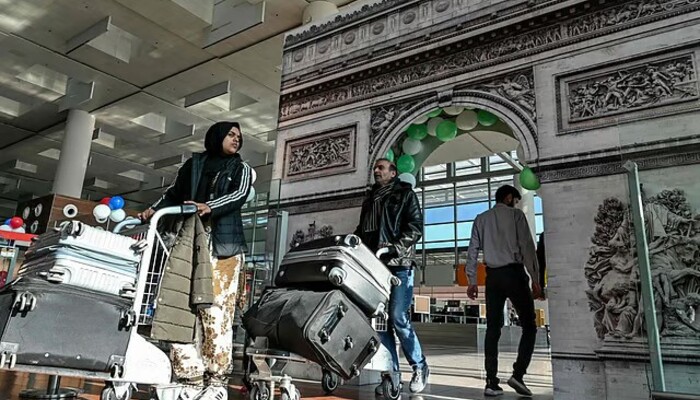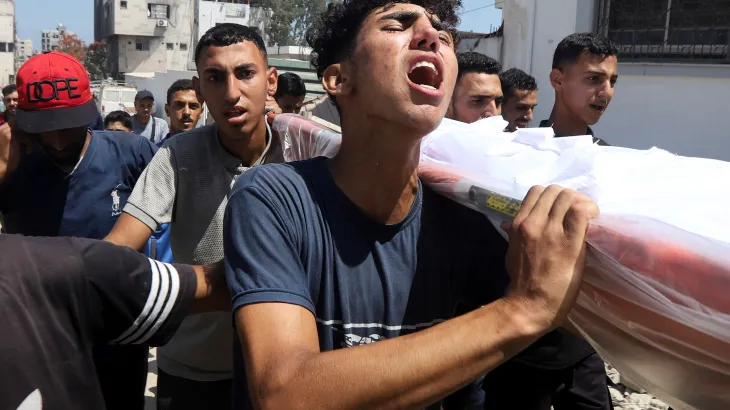
Karachi’s Congo virus scare deepened on Saturday as two house officers at Jinnah Hospital developed suspected symptoms after treating a patient who later died of the deadly disease. This comes amid rising concern in Sindh following confirmed Congo-related deaths in the province.
Doctors Develop Symptoms After Exposure
Dr Shahid Rasool, Executive Director of Jinnah Hospital, confirmed that both doctors started showing symptoms just a day after attending to a Congo virus patient last week. One of the doctors reportedly shows “90% signs of Congo virus,” including high fever and severe stomach pain.
Isolation and Testing Measures
In response, one doctor has been moved to the hospital’s medical ICU, while the other remains in home isolation. Their PCR test samples have been sent to a lab, with results expected by Monday. Hospital staff are on high alert.
Hospital Steps Up Precautions
To tackle potential outbreaks, Jinnah Hospital has set up a dedicated fever desk in the emergency ward. However, the hospital lacks the infrastructure to establish a large-scale isolation facility. Dr Rasool added that they are awaiting formal instructions from the Sindh Health Department for further preventive measures.
Read: Dar, Uzbek FM Coordinate Ahead of Key OIC Ministerial Summit
Recent Fatal Case Highlights Threat
The suspected exposure occurred days after a 26-year-old man from Karachi’s Ibrahim Hyderi area died of Congo virus on June 19. This was the second confirmed Congo-related death in Sindh in 2025, as per provincial health records.
Understanding the Virus
Crimean Congo Hemorrhagic Fever is a tick-borne disease with a fatality rate between 10% and 40%, according to the World Health Organization. It spreads through tick bites or direct contact with the blood or tissues of infected animals, particularly during slaughtering. There is currently no vaccine available.
Increased Risk Ahead of Eid
With Eid approaching and animal sacrifice on the rise, health officials are urging extreme caution in handling livestock. The risk of human transmission significantly increases during the festive season due to close contact with animals in densely populated urban areas.
Follow us on Google News, Instagram, YouTube, Facebook,Whats App, and TikTok for latest updates












